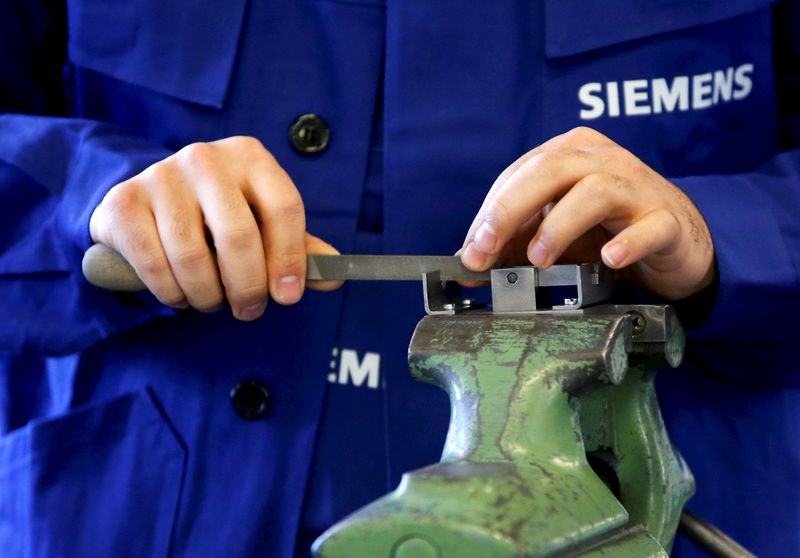By Geoffrey Smith
Investing.com -- German industrial production eked out a surprise gain in June, as Europe's manufacturing heart steadied after the initial shock of Russia's war in Ukraine.
Output rose 0.4% in seasonally- and calendar-adjusted terms from May, with all three major categories of manufacturers posting gains. Even energy-intensive industry posted a 0.4% gain, after falling 5.4% since Russia's invasion in February.
Energy output itself was flat on the month, while construction fell 0.8%, accelerating a decline that has accompanied a sharp drop in German business confidence in the second quarter.
The figures improve the odds that the German economy escaped contraction in the second quarter, having reported a preliminary estimate of zero GDP growth last week. However, they don't fundamentally change the outlook for the next few months, which are set to be dominated by an acute shortage of natural gas and sky-high electricity prices. The German government intends to impose a surcharge on commercial gas bills from October, having so far stopped importers from passing on the increased price of supplies sourced from outside Russia.
Gas imports from Russia are currently running at only 20% of their normal levels as the Russian gas monopoly refuses to ship more through the Nord Stream 1 pipeline in a thinly-veiled political response to western sanctions on the country. Gazprom (MCX:GAZP) this week refused to take delivery of a key Siemens turbine after maintenance, which is needed at one of Nord Stream's compressor stations. Gazprom said it wanted assurances that the turbine wouldn't be affected by sanctions in future.
Appeals by German Chancellor Olaf Scholz, who held a press conference in front of the turbine to show off its readiness this week, have fallen on deaf ears.
German companies and utilities have responded to the shortage of gas by substituting diesel and coal, but the availability of those alternative fuels is now also being restricted by extreme weather conditions. Water levels on the river Rhine, a key inland waterway, are now so low that barges carrying the fuel cannot take full loads.
